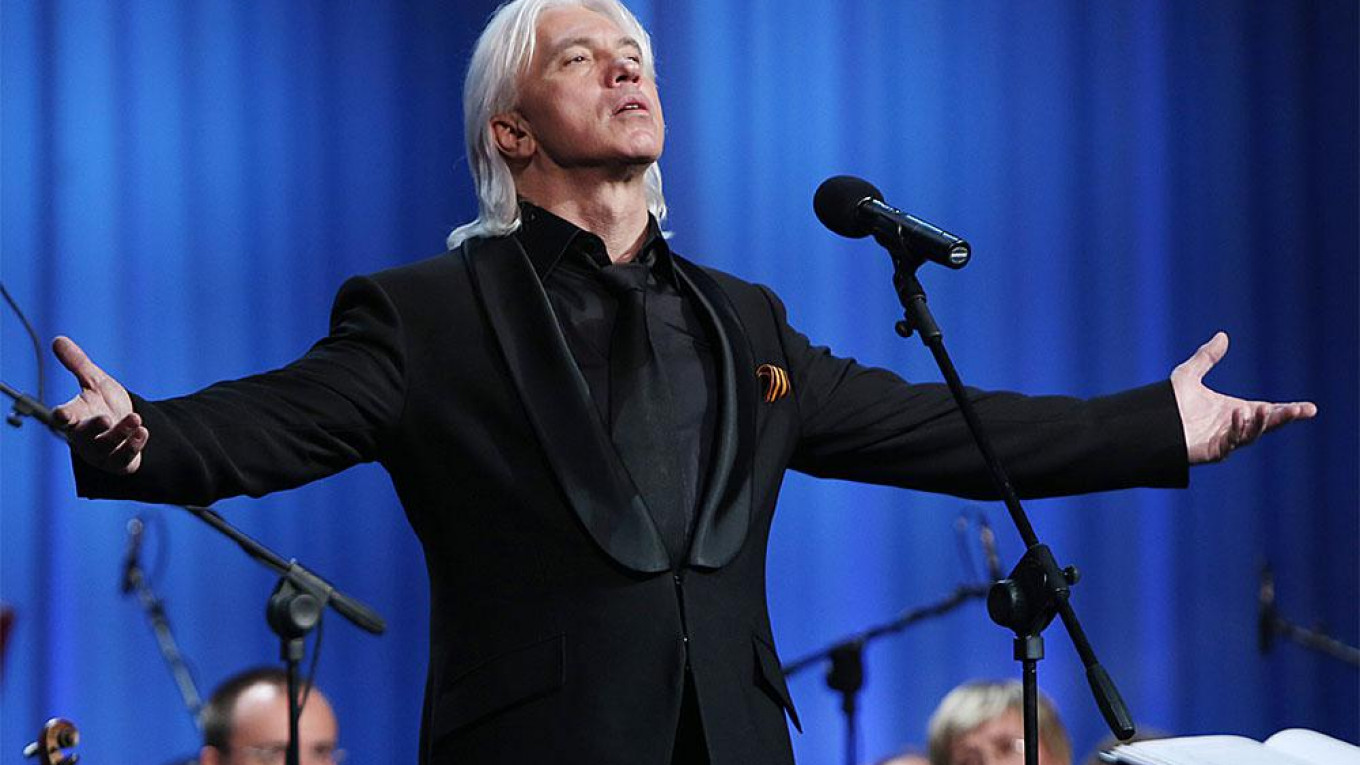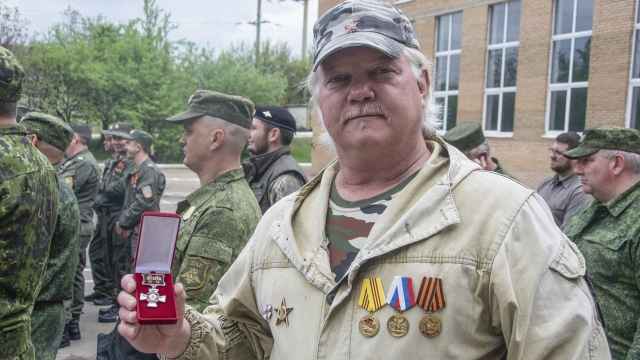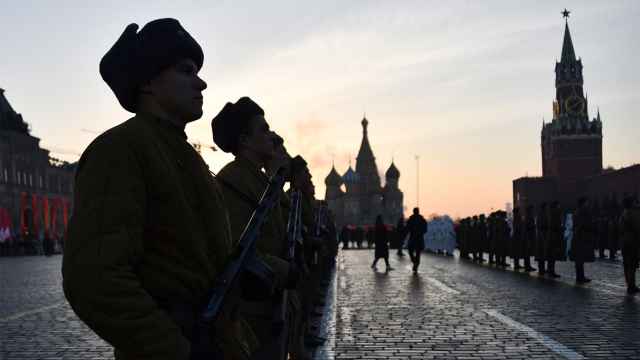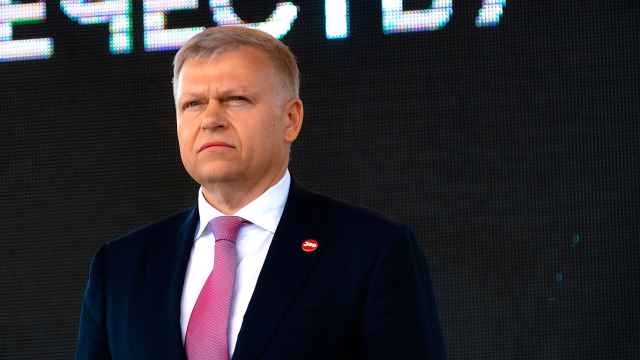Dmitry Hvorostovsky, one of the world’s premier operatic baritones, passed away on Tuesday in London after battling brain cancer. He had continued to perform the Russian classics in the months leading up to his death at age 55.
Born in Krasnoyarsk, Siberia, Hvorostovsky found early success at voice competitions. He won the First Prize at the Glinka Competition in 1987 and the Toulouse Singing Competition in 1988, which jumpstarted his international career. During the last 28 years, Hvorostovsky has performed as a visiting soloist in almost every major opera house in the world.
The baritone had a “velvety high baritone,” musicologist Levon Hakobian told The Moscow Times. “We can recognize his voice immediately. His voice had a Western quality rare among Russian singers of his generation.”
Hvorostovsky cut a dashing figure, tall with a dramatic face, but his signature was his prematurely silver hair. People magazine once listed him among the 50 most beautiful people. According to Elle magazine, Hvorostovsky was the ‘Elvis of opera’.
The baritone is best known for performing the title role in Tchaikovsky’s opera “Eugene Onegin,” as sophisticated urbanite who turns the head of the provincial heroine. Hvorostovsky performance of that role at Venice’s La Fenice in 1990 made him one of the most sought-after performers of Russian opera in the world. After his performance at the Metropolitan Opera, The New York Times said he was “born to play” Eugene.
He also sang Tchaikovsky, Rachmaninoff, and Mussorgsky, combining European bel canto vocal style with accurate Russian diction.
“Usually the Western singers have good bel canto, but their delivery of Russian words is deficient,” says Hakobian. “Hvorostovsky was the first male Russian singer who could combine both aspects.”
He also collaborated with contemporary Russian composer Georgy Sviridov, earning acclaim for his recording of Sviridov’s song cycle “Russia Cast Adrift.” Sviridov dedicated his last song-cycle Petersburg to Hvorostovsky.
Hvorostovsky often performed with soprano Anna Netrebko, forming a kind of Russian opera dream team. Although both vocalists lived abroad, they often returned to perform in Russia.
Hvorostovsky was named a People's Artist of Russia and a laureate of the Russian Federation’s Glinka State Prize.
Over the course of his career, he put out over 40 albums, including a full recording of Verdi’s “Rigoletto” released on September 29, 2017.
In later years, Hvorostovsky primarily sang in Verdi operas. Although he was terminally ill, the baritone he performed alongside Netrebko in the Metropolitan Opera’s “Il Trovatore” for three performances in September. He made his final appearance in a recital at the Russian ambassador’s residence in London, where he sang arias by Borodin, Glinka, Tchaikovsky, and Rachmaninov.
Hvorostovsky is survived by his wife and son. Funeral arrangements have not been announced.






